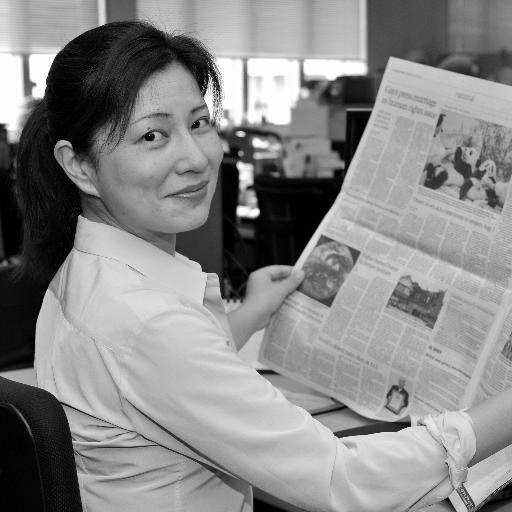
Tomoko Otake
Tomoko Otake is a senior writer with a strong interest in health, medical and social issues. A native of Nara Prefecture, she obtained an M.A. in journalism from The University of Montana.
Feb 24, 2008
Dec 4, 2007
Nov 20, 2007
Nov 18, 2007
Nov 4, 2007
Oct 26, 2007
Sep 23, 2007
Sep 23, 2007





























